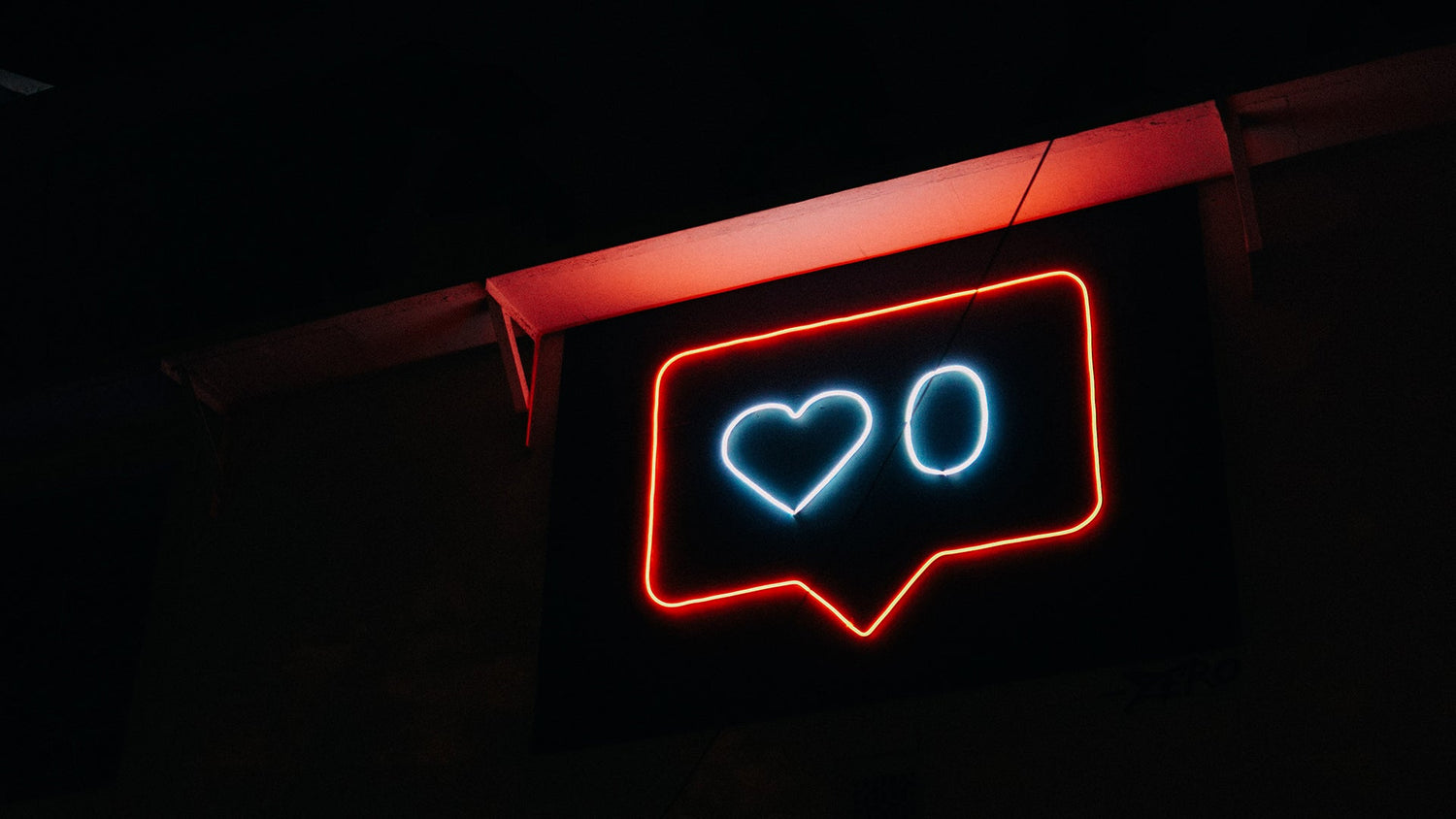You’ve probably heard of the term “digital detox”, or “technology detox”, and wondered not only exactly what it is, but also whether it could be the right move for you and your wellbeing.
A “digital detox” essentially entails spending less time with technology – or more specifically, reducing one’s “screen time”, whether that involves looking at a TV, smartphone, laptop screen, or similar technology.
The idea of such a “detox” is to avoid centring one’s life quite so much upon a screen, instead spending more time in the “real world”, including with family and friends.
Understandably, though, you might wonder whether a “digital detox” is simply another trendy “wellbeing” trend that isn’t very practical and doesn’t offer concrete benefits, or is instead something that you can and should embrace yourself.
The research makes a strong case for “detoxing” from tech
It’s pretty difficult to deny that screen-based technology – whether for better or worse – is everywhere these days. After all, you’re probably reading this blog post on a smartphone or laptop screen, and that’s before we even get onto how our jobs frequently depend on such tech, as well as the tendency for many of us to gobble up much of our free time browsing social media.
You probably won’t be greatly shocked, then, by statistics like the ones from Nielsen suggesting that American adults spend more than 11 hours a day – that’s almost half their day, not including sleeping time – watching, listening to, reading or generally interacting with media.
The situation doesn’t look too much different in other parts of the world. According to Statista, for instance, the average daily social media usage of Internet users across the globe amounted to 145 minutes per day in 2019 and 2020, which was up on the previously recorded figure.
However, it’s one thing to know that we’re using screen-based devices a lot, and another thing to appreciate some of the adverse impacts this can have on our mental and physical health.
Whether it’s the almost one-fifth (18%) of Americans who identify the use of technology as a very or somewhat significant source of stress, or the Swedish research from 2011 that indicates a link between young adults’ heavy technology use and depressive symptoms and sleeping problems, there are plenty of studies that show what dangers overdependence on tech can pose.
And as many of us know from direct experience, things that are bad for us from a mental health perspective are often bad for our physical health as well. This should make it unsurprising that a study from a few years ago found a link between children’s night-time tech use and a higher body mass index (BMI).
But is it really realistic to take a digital detox?
If you’re showing the classic signs of being a little too attached to screen-based tech for your own good – for instance, feeling compelled to check your phone every few minutes, and routinely experiencing anxiety and stress if you can’t find or access an Internet-ready device – it could be well worth considering a digital detox.
The good news is that contrary to the image some people may have of it, a digital detox doesn’t have to entail disconnecting yourself entirely from the wider world and making yourself impossible to contact.
It could help to simply set strong boundaries with regard to your use of screen-based tech from now on. That could take the form of a ‘curfew’ for your smartphones and tablets after 7pm, to allow your brain to ‘switch off’ from the effects of blue-light exposure before heading to bed.
Sadly, few of us have the luxury of being able to entirely ban the use of these devices from our lives. Nonetheless, we suggest that you at least spend the week ahead introducing some level of “digital detox” to your own life. Committing to such a change in routine for a week will enable you to start feeling the calming effects that digital detoxing is said to bring for many of the people who practise it.
And who knows – as a consequence, you may be inspired to keep those boundaries and limits in place, so that you can enjoy a much healthier and more sustainable relationship with your tech in the longer term. Have fun!
Other sources:
https://www.oneyearnobeer.com/taking-a-digital-detox/
https://www.verywellmind.com/why-and-how-to-do-a-digital-detox-4771321







Leave a comment
All comments are moderated before being published.
This site is protected by hCaptcha and the hCaptcha Privacy Policy and Terms of Service apply.